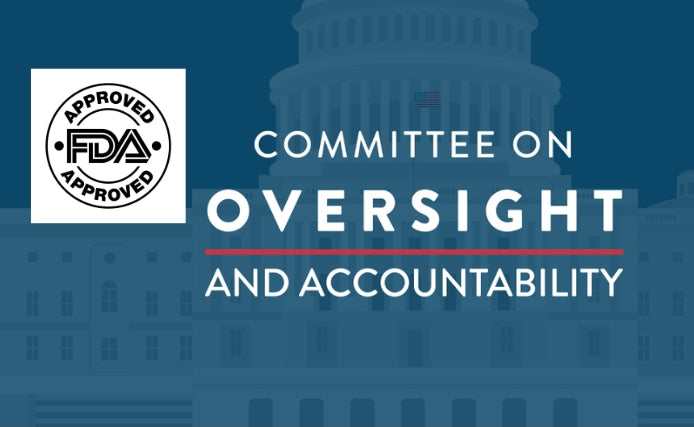A new report details the potential opportunity for the hemp sector as companies scramble to meet aggressive emission standards set by world governments to combat climate change.

Planet Earth is literally on fire. From record wildfires decimating massive portions of the Canadian Rockies, leading to apocalyptic skylines and deadly air qualities across much of the northeastern part of the United States, to the latest blazes laying waste to large forested areas in Greece, the effects of climate change are becoming more and more apparent.
According to meteorologists, the first two weeks of July were the planet’s hottest on human record. From Phoenix to Boise, temperatures have never been this high for this long, and more than 90 million Americans are currently under severe heat alerts. Likewise, thermometers are registering record highs in Europe, Asia, Africa, and South America, and millions more are being advised to stay inside and hydrate appropriately.
Much of the blame for the Earth’s overheating is due to decades of out-of-control carbon emissions, which began during the mid to late-19th century Industrial Revolution. Despite warnings from the scientific community and obvious signs from Mother Nature herself, corporations continued to blast CO2 into the atmosphere for much of the 20th century as global economies rapidly expanded following two catastrophic world wars.
However, in the past several years, activist organizations and an unprecedented number of well-respected scientists have finally convinced global governments that climate change is real and happening. Furthermore, if immediate and effective steps are not taken to curtail the effects of these greenhouse gases, catastrophic weather and climate events could begin to ravage all corners of the planet.
To address the dire need to cool the planet, leaders from 196 countries gathered at the UN Climate Change Conference (COP21) in Paris, France, to debate and eventually sign the Paris Agreement in December 2015. The overall goal of the accords is to limit “the increase in the global average temperature to well below 2°C above pre-industrial levels” and pursue efforts “to limit the temperature increase to 1.5°C above pre-industrial levels.”
To limit global warming to 1.5°C, greenhouse gas emissions must peak before 2025 at the latest and decline 43% by 2030. It’s a race against time, and it also represents an existential challenge for many companies forced to meet the new emissions standards. They must either figure out ways to reduce their carbon output or face severe financial penalties.
One of the most cost-effective ways for large polluters to address the stricter and stricter limits for the total amount of CO2 they may emit into the air is by purchasing carbon credits to offset their emission levels as they develop more eco-friendly and sustainable operations. A carbon credit is a type of permit, with one credit representing one ton of carbon dioxide removed from the atmosphere. If a company exceeds its allotted CO2 emission allowance, it can purchase these credits to compensate for the overage.
However, as first reported by HempToday, those credits are in shorter and shorter supplies these days, leaving many businesses looking for effective and affordable options to help address their CO2 quandary. One potential solution is hemp.
Along with its ability to produce health and wellness products like CBD, hemp has an almost unlimited potential to replace carbon-producing raw material pollutants contributing to global temperature rise in various industries, including bioplastics, building materials, and high-tech applications.
According to a new paper from HempConnect, a Hamburg-based provider of carbon-accounting services that also supports hemp stakeholders in developing biochar operations, the carbon credit shortfall could provide a tremendous opportunity for hemp companies seeking a potentially lucrative piece of the Carbon Dioxide Removal (CDR) sector.
The report states, “The CDR sector needs to scale with unprecedented pace, and hemp can be a powerful ally in this challenge, allowing for crucial complementary benefits on sustainable development. The industrial hemp sector absorbs large amounts of CO2 and has enormous potential to supply CDR certificates, yet there has not been any report on a single credibly traded high-integrity certificate from hemp.”
"The CDR sector needs to scale with unprecedented pace, and hemp can be a powerful ally in this challenge, allowing for crucial complementary benefits on sustainable development. The industrial hemp sector absorbs large amounts of CO2 and has enormous potential to supply CDR certificates, yet there has not been any report on a single credibly traded high-integrity certificate from hemp.”
- Report on CDR Sector Opportunities by HempConnect
The European Union (EU) is committing public and private funds totaling roughly €1 trillion ($1 trillion) through its European Green Deal between now and 2030 to help decrease carbon emissions by 55% with an ultimate goal of a climate-neutral economy by 2050. In addition, the Biden Administration plans to invest over $2 trillion in various programs to attack the problems brought on by climate change in the United States. With that level of financial commitment, The International Energy Agency (IEA) estimates that the global market for CDR could reach $100 billion by 2050.
As the sweltering days of Summer 2023 continue to simmer, the race to reverse the effects of climate change is also heating up. The goals are attainable, and with innovations like hemp-based solutions for reducing carbon emissions available to corporate polluters, the time for excuses is over.
Investing in protecting planet Earth is the most important gift this generation of humans can give the future ones hoping to have clean air to breathe, fresh water to drink, and a safe environment to inhabit. Hemp can be the flower to power that salvation.






































